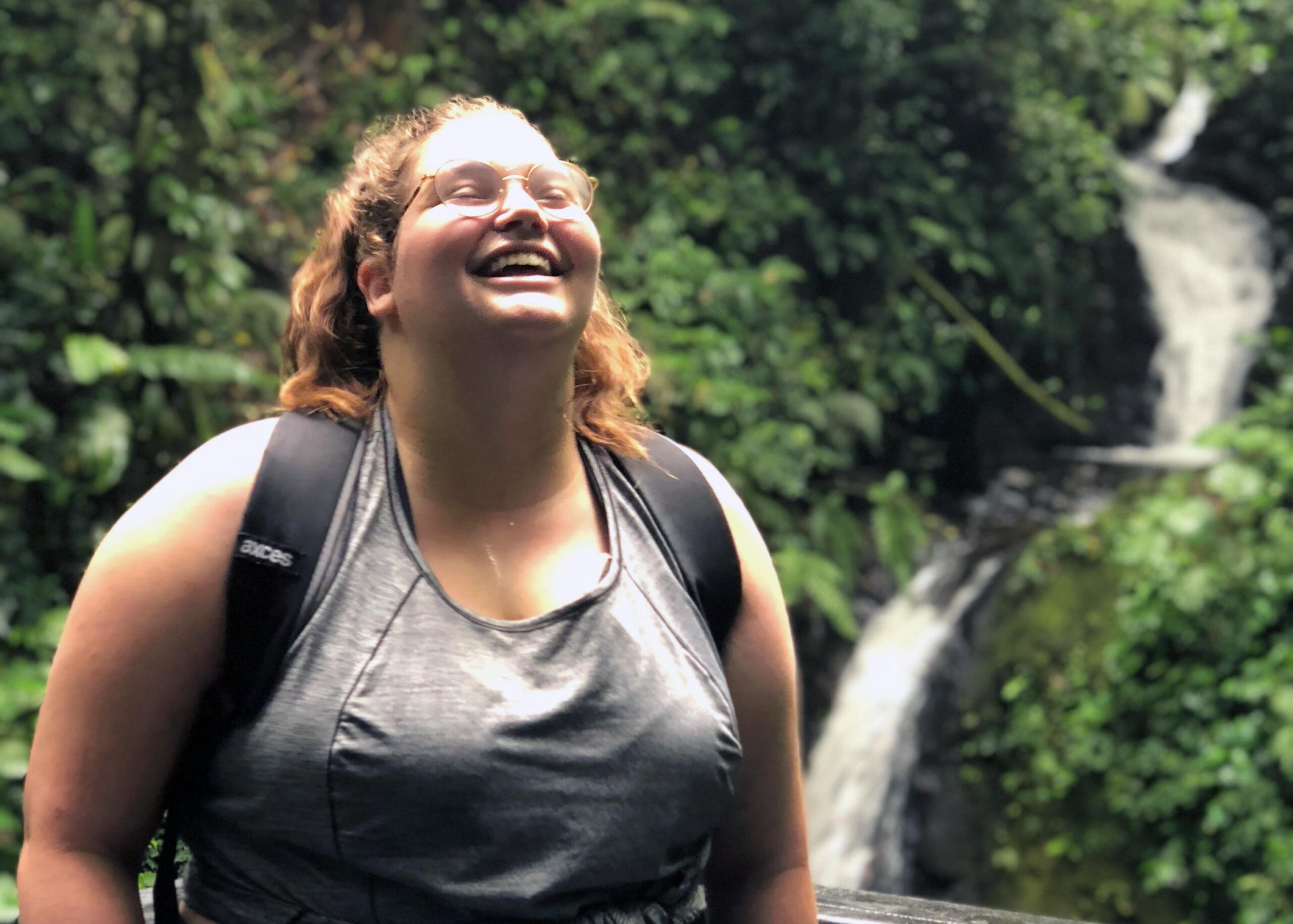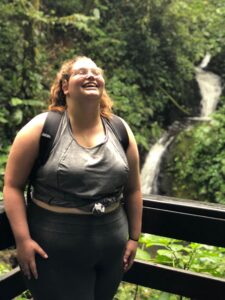Being Jewish in a Catholic Country


I used to joke that I was Jew-ish, but my faith is important to me. Even if I don’t believe every word of the Torah, having a larger sense of something to believe in is a doctrine I do subscribe to. Judaism is not only a religion to me, but also a cultural identity, which is part of what makes going abroad to a Catholic country different. I might not think about my religion every day back in the US, but it’s definitely more on the forefront of my mind here (especially with the 7 crucifixes that decorate my bedroom). Going into a Catholic country as a Jewish person, or a person of any faith different than the majority, is definitely a learning experience, which is a blessing of sorts because Judaism is all about learning. Here I share the top three things I’ve learned in my time abroad.
Be open to questions.

I’m the first Jewish person a lot of Costa Ricans have met, which is a little strange for both me and them. Religious differences are a great way to spark that innate human curiosity that everyone has about those that are different to them. Some of my deepest conversations with locals, the ones that really made me feel as though I was participating in a cross-cultural exchange, have been about religion. One of the first things my host mom asked me was about my religion, as she likes to bless me every day before I leave for school. We had a great conversation about what blessings mean to each of us, and I got to answer her questions about Judaism.
I’ve had to answer questions I’d never thought I’d be asked – for example, it took me 30 minutes to articulate how exactly Jews didn’t believe in Jesus to some classmates. Some other instances are: explaining why I don’t wear a headscarf, explaining the three different branches of Judaism, and explaining the significance of my Bat Mitzvah. My biggest piece of advice is to take each question as a sincere interest in your faith and to treat this as part of the cultural exchange.
Take the opportunity to learn more about your host country’s religion.
I knew very little about Catholicism as I was preparing to study abroad and come into a Catholic country. A good thing to do is do some basic research about the religion – Wikipedia level stuff on key figures, beliefs, major holidays, etc. What a quick glance at the internet won’t teach you, let yourself learn from those around you. Each culture has a distinct way of practicing a religion that can’t be learned from a book or a website. As an example, the specific saints that are important to Costa Ricans and the pilgrimages to different basilicas are things that I learned through interaction with local observant folks. Religion may be a dinner table talk don’t, but it’s definitely a study abroad conversation must. I’ve had great conversations with my very religious host family, along with both American and Costa Rican friends, about what it means to practice and believe. One of the things I’ve learned is that Catholicism and Judaism are more alike than I knew, which gives me a greater sense of connection to those I meet.
Make time for your own spiritual needs.
I will be celebrating the two biggest Jewish holidays – Rosh Hashana and Yom Kippur, or the Jewish New Year and the Day of Atonement – in Costa Rica. While I am not able to do the things I would usually do to celebrate, like fast or go to my synagogue, I’ve found a way to still participate here. For example, I was still able to eat the traditional apples and honey, and take the time to speak to all my family. Staying in contact with family and friends back home of your faith is important and is a great way to stay connected to your faith. Additionally, a big part of my Jewish faith is the drive to fight for justice. Although I am not able to participate in protests as an exchange student due to State Department guidelines, doing things such as observe a strike or talk to locals about the issues affecting them fulfills part of my spirituality.
Gabriela R. | The George Washington University | Universidad Nacional Partnership in Heredia, Costa Rica | Fall 2018